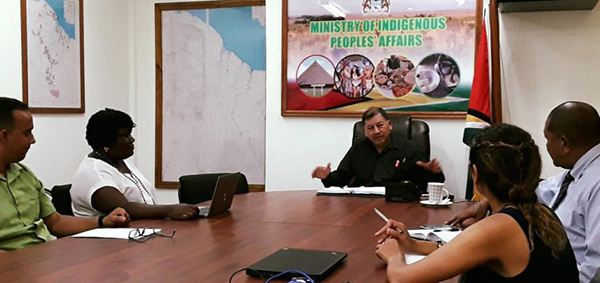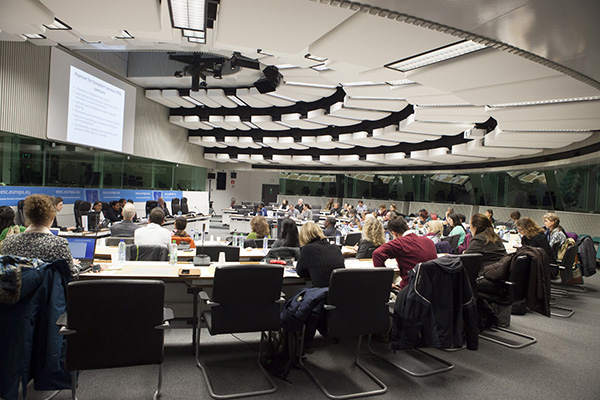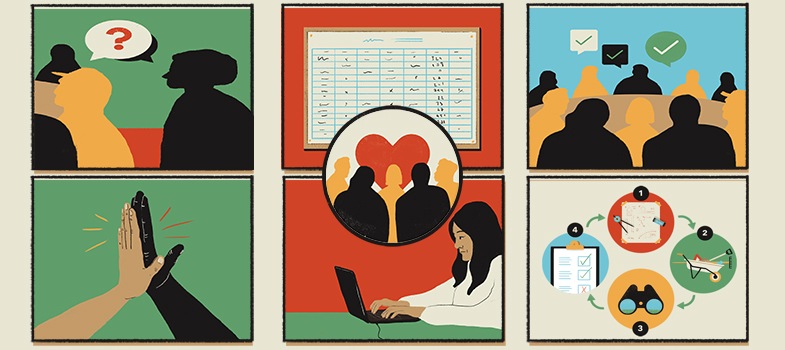What is a policy?
A policy is ‘a plan, course of action, or set of regulations adopted by government, businesses, or other institutions designed to influence and determine decisions or procedures’ (UK Department for International Development, 2005).
An example of a policy is ‘No net loss of wetlands’. This may have associated regulations that state wetlands cannot be destroyed unless it is for a nationally important project, such as a road or train link, and then a planning process of avoiding harm, mitigating harm or compensating harm should be undertaken.
Who are policy-makers or decision-makers?
Policy-maker or decision-maker are broad terms that cover all the people responsible for formulating or amending policy and making decisions. It will vary from country to country but could include Government Ministers, Members of Parliament, their advisers and civil servants. In certain policy areas it also includes the staff of government agencies, such as environment departments, who have expert knowledge in a particular area and tend to play a role in informing the policy making process and making decisions.

Government function often has two areas of policy and decision-making.
- Regulation - where the government department checks whether a rule, law or act is being followed or not. For example, an environment department would regularly monitor river water quality to identify whether a company is discharging water into the river below legal water quality levels.
- Management and development - where a government department delivers on the ground management or delivers a development project. For example, a government department might be responsible for navigation and undertakes regular cleaning of canals whilst another government department might be responsible for tourism and develop a wetland visitor centre.
The lives of you and your community, or the community you work with, are influenced on a daily basis by the decisions made by policy-makers and decision-makers.
How do policies and decisions get made?
Policy and decision making is often represented as a planning and decision-making cycle of: Policy Strategising; Development of Programmes; Public Consultation and Announcement of Programmes; Budgeting; Implementation; Monitoring and Evaluation and then Policy Strategising again, but for many governments around the world the following is the reality:
- Policy and decision making does not take place in distinct stages or as a cycle.
- Policy-makers and decision-makers are influenced by a range of different factors that are not captured in a simple cycle, including budget restrictions, public opinion, political parties, values and ideology, mass media, interest groups, events, social and economic conditions, and scientific research.
- The effects of policies and decisions are often indirect and take time to appear. Given the complexity of the problems a government deals with it is often difficult to see the impact of a policy or decision.
Why are policy-makers and decision-makers important?
Engaging with policy-makers and decision-makers can be an effective pathway to achieving positive change in your community or the community you work with. Policy-makers and decision-makers often have the influence and opportunity to alter or develop policies and decisions that impact you.



